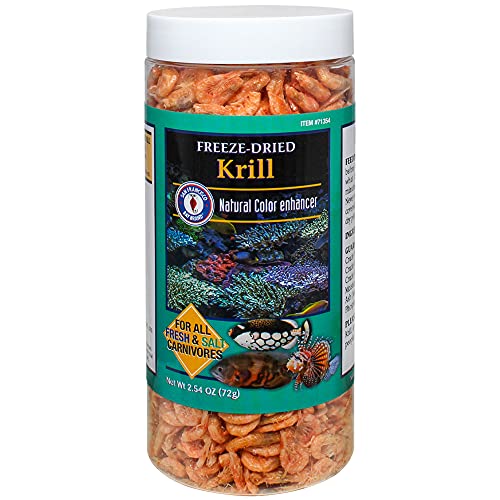I don't use NSW for plankton, I filter out the plankton anyway. I use NSW because it is NSW and not "Fake" water. Your fish come from NSW, none of them come from ASW. I know that there is supposed to be all the elements present in ASW thats in the real stuff but I doubt it. Besides the obvious minerals like calcium, strontium, boron, magnesium etc, there are proteins and amino acids that will not be present in ASW because they are made by plants. Yes, I know some of these things are probably bad or not needed but aquatic life was designed to live with them. Of course you can keep a very healthy reef with ASW but if you live near the sea why would you not use it.
For plankton I go to a muddy beach at low tide and swirl rocks in a bucket. I get all sorts of creatures that I dump in. If I lift a rock in my tank I will find starfish, worms, shrimp, tiny snails, etc. I think this stuff is very important for the health of a tank. I think they should sell the stuff to inland aquarists or at least offer them affordable housing near a beach.
:lol:
Have a great day.
Paul
For plankton I go to a muddy beach at low tide and swirl rocks in a bucket. I get all sorts of creatures that I dump in. If I lift a rock in my tank I will find starfish, worms, shrimp, tiny snails, etc. I think this stuff is very important for the health of a tank. I think they should sell the stuff to inland aquarists or at least offer them affordable housing near a beach.
:lol:
Have a great day.
Paul






















































![Right Angle Clamp, Housolution [4 PACK] Single Handle 90° Aluminum Alloy Corner Clamp, Right Angle Clip Clamp Tool Woodworking Photo Frame Vise Holder with Adjustable Swing Jaw - Orange](https://m.media-amazon.com/images/I/51mjzFe3pQL._SL500_.jpg)










